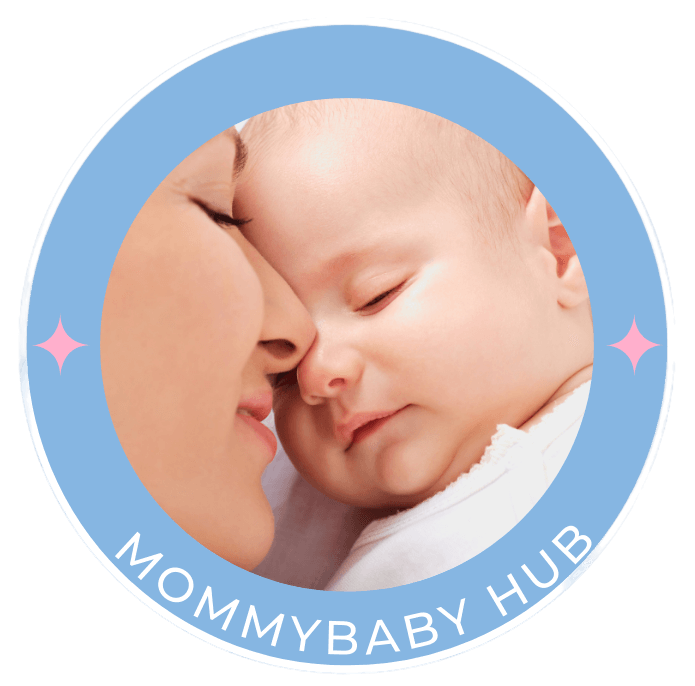A pregnancy is considered “high-risk” if there are serious health concerns for the expectant mother, the developing fetus, or both.

Mothers with high-risk pregnancies may require more attention before, during, and after the birth. This lessens the likelihood of complications. Important to note, that a high-risk pregnancy doesn’t necessarily mean challenges for you or the fetus. Parents must understand what a high-risk pregnancy is and what should be done in case it occurs.
What is a high-risk pregnancy?
The American Pregnancy Association defines a high-risk pregnancy as one in which, for the mom to successfully carry the pregnancy and deliver healthily, extra care is necessary.
Risk factors for high-risk pregnancy
Age – The age of a pregnant woman is one of the most prevalent risk factors for a high-risk pregnancy. Compared to women in their late teens or early 30s, women below the age of 17 or over the age of 35 have a larger risk of complications. After age 40, there is an additional rise in the likelihood of genetic abnormalities and miscarriage.
Lifestyle factors – Smoking, using illegal drugs, and drinking alcohol can all be harmful to a pregnant woman’s and her baby’s health.
Pre-existing medical conditions – Mothers with pre-existing medical conditions have increased risk during pregnancy. Some of these conditions include:
- Hypertension
- Diabetes
- Mental health disorders such as depression
- HIV/AIDS
- Kidney diseases
- Autoimmune diseases such as lupus
- Obesity
Multiple pregnancies – mothers carrying more than one baby are at a higher risk than a mother carrying one.
Pregnancy history – The likelihood of receiving this diagnosis during one’s subsequent pregnancy is higher in those with a history of pregnancy-related hypertension diseases, such as preeclampsia. You run a higher chance of giving birth early in your next pregnancy if you had several premature babies or if you gave birth early in your previous pregnancy. Discuss your entire obstetric history with your healthcare practitioner when planning a pregnancy.
Signs and symptoms
The illness that puts you at that higher risk determines the signs and symptoms of a high-risk pregnancy. For instance, headaches and facial and hand edema are signs of preeclampsia. Miscarriage symptoms might include cramps and bleeding.
According to the Alliance for Innovation on Maternal Health, you should contact your doctor immediately if you have any of the following symptoms during pregnancy.
- Headache that would go away or get worse over time
- Vaginal bleeding
- Swelling, redness, or pain in your legs
- Dizziness
- Changes in vision
- Noticing the baby’s movement has stopped
- Fever
- Chest pain and difficulty breathing
- Swelling of face and hands
- Severe abdominal pain
- Thought about hurting yourself or your baby
- Extreme fatigue
- Severe nausea and vomiting
Treatment and Prevention
Many doctors advise scheduling a preconception checkup with your healthcare provider to make sure you are in the best possible health before getting pregnant, even if you don’t currently have any health issues.

During this consultation, your physician can suggest actions you can take to lower your chance of developing specific issues. These actions include:
- Consuming 400 micrograms or more of folic acid every day, beginning and continuing before becoming pregnant
- Obtaining the recommended vaccinations
- Keeping a healthy weight and eating a balanced diet
- Engaging in regular exercise, unless your physician advises you differently
- Abstaining from alcohol, tobacco, and narcotics (apart from prescription drugs that have your doctor’s approval)
- Using just the prescription and over-the-counter medications that your physician or midwife has approved for you
- Visiting your physician regularly to assist you in managing existing medical conditions such as diabetes, depression, hypertension, or infections.
Your physician can suggest seeing a perinatologist if they determine that your pregnancy is high-risk. A perinatologist is an obstetrician with specialized training in managing high-risk pregnancies. They are also known as maternal-fetal medicine specialists. This specialist will collaborate with your other physicians, nurses, and other healthcare providers to make sure you and your unborn child have the best possible outcome.
How to reduce high-risk pregnancy complications
There are steps you can take to improve your unborn child’s health and wellness and prevent pregnancy-related problems if you are in the high-risk category during your pregnancy:
- Plan a preconception consultation with your physician
- Learn as much as you can about your health
- Attend every prenatal appointment
- Lead a wholesome lifestyle, have the appropriate weight, and, if you can, continue to be active
- Seek assistance from your loved ones, friends, and partners.
- Take care of your emotional health
It’s normal to worry about the baby’s health and well-being during a high-risk pregnancy. However, with the help of good prenatal care, you can have a healthy baby even in high-risk pregnancies. It’s recommended to maintain open channels of communication with your physician, discussing with them your worries and any steps you may take to ensure the healthiest possible outcome for both you and your child. This includes talking to your doctor about any medications you may be taking and allowing your doctor to adjust your dosage if it is unsafe for the unborn child.

